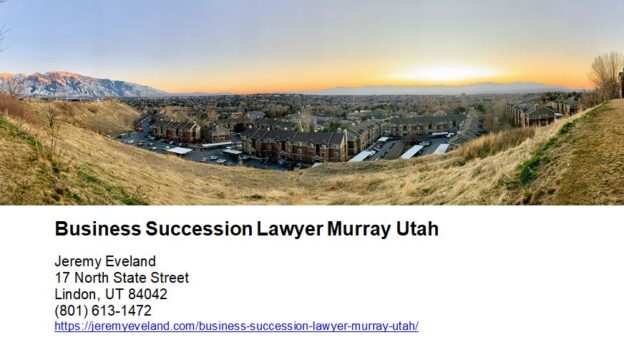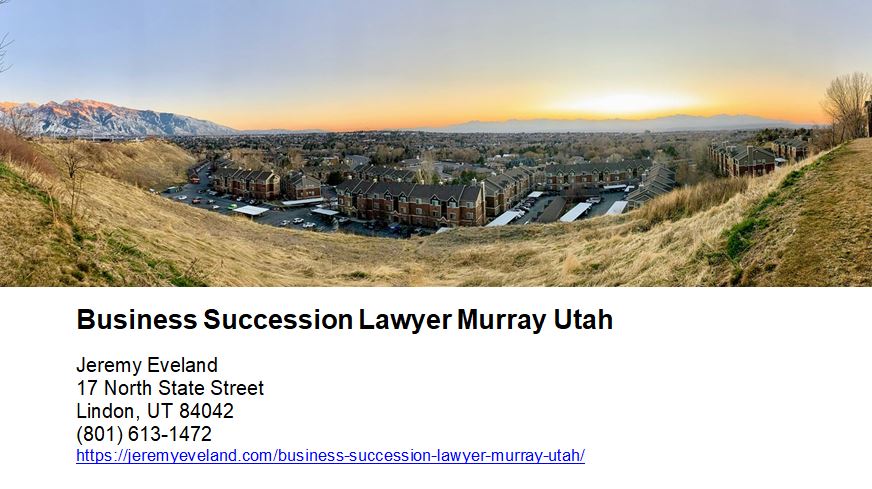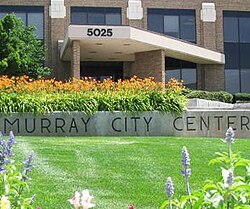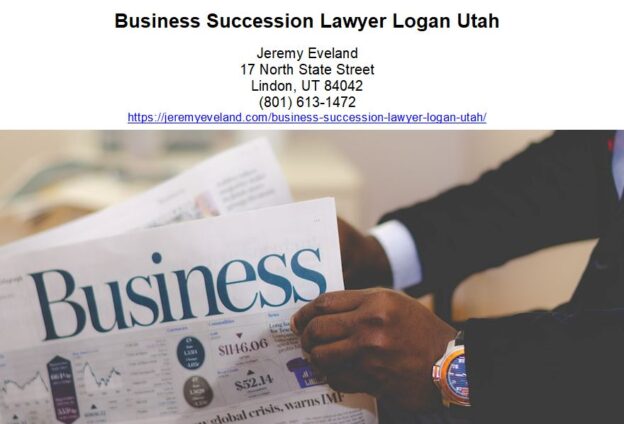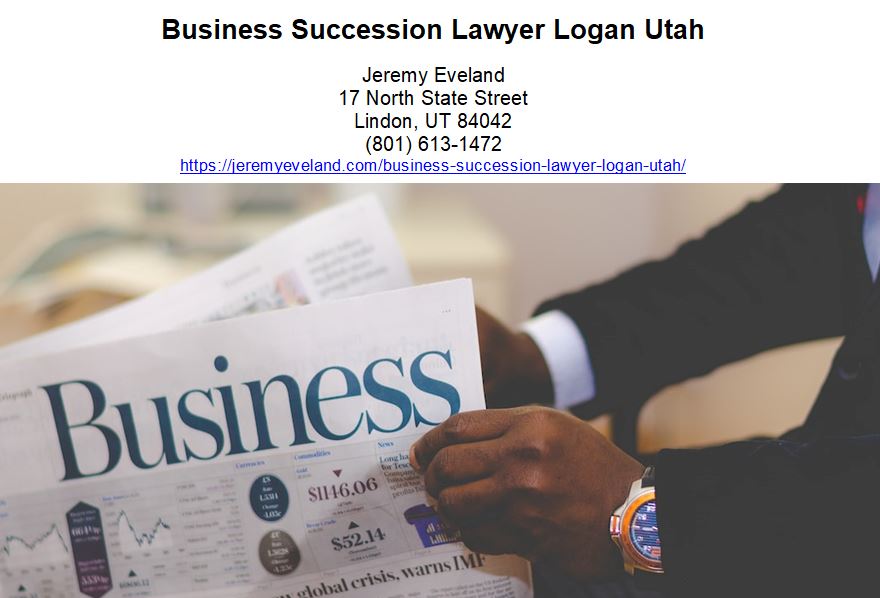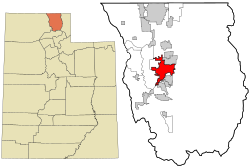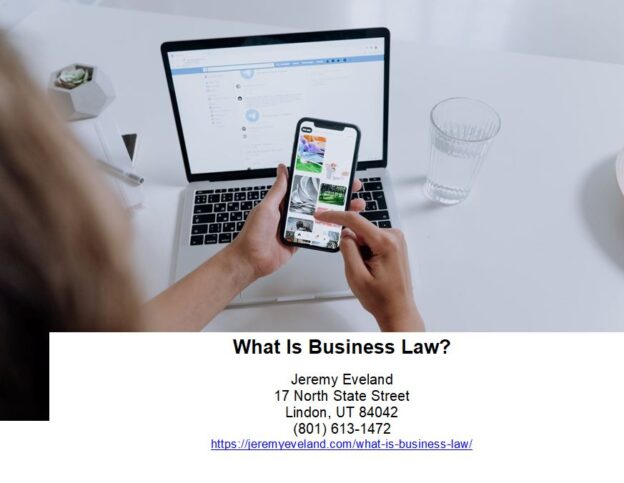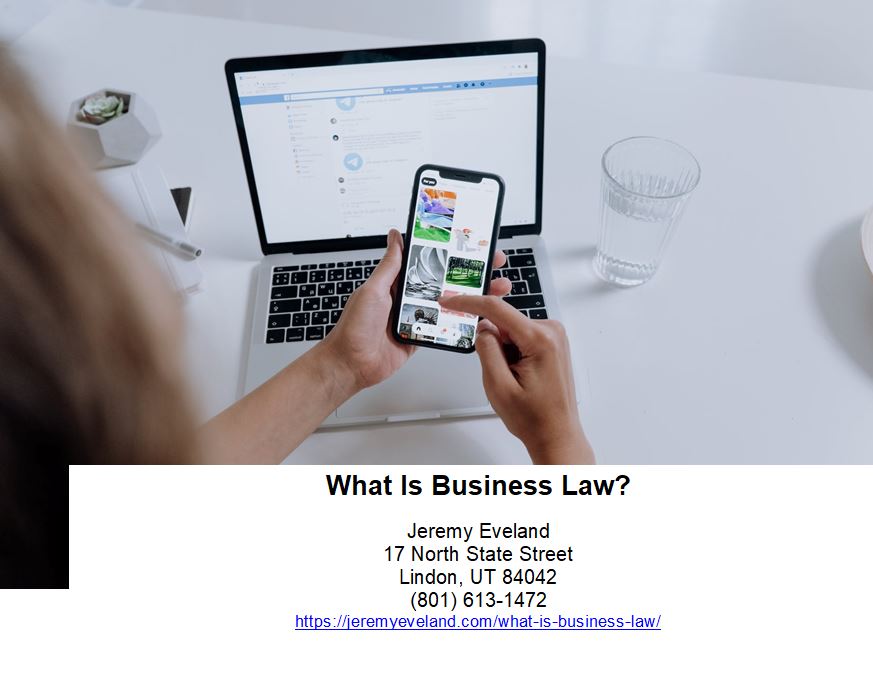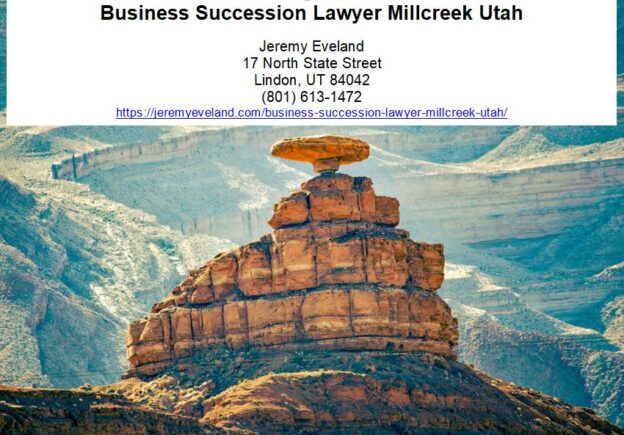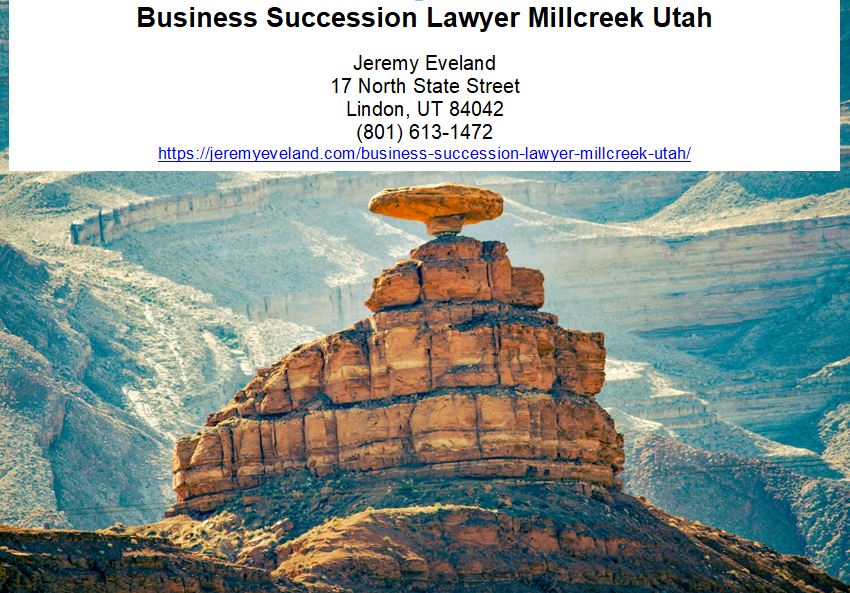Business Transaction lawyer West Valley City Utah
-
Table of Contents
- How a Business Transaction Lawyer in West Valley City
- Utah Can Help Your Business
- Understanding the Benefits of Working with a Business Transaction Lawyer in West Valley City
- Utah
- What to Look for When Choosing a Business Transaction Lawyer in West Valley City
- Utah
- Common Mistakes to Avoid When Working with a Business Transaction Lawyer in West Valley City
- Utah
- The Advantages of Hiring a Business Transaction Lawyer in West Valley City
- Utah for Your Business Needs
How a Business Transaction Lawyer in West Valley City
A business transaction lawyer in West Valley City is an invaluable asset for any business. These lawyers specialize in the legal aspects of business transactions, such as contracts, mergers, acquisitions, and other business deals. They provide legal advice and guidance to ensure that all parties involved in a business transaction are protected and that the transaction is conducted in accordance with the law.
Business transaction lawyers in West Valley City are knowledgeable in a variety of areas, including corporate law, contract law, and securities law. They are experienced in negotiating and drafting contracts, as well as in providing legal advice on the various aspects of a business transaction. They can also provide guidance on the tax implications of a business transaction, as well as on the legal requirements for the formation of a business entity.
Business transaction lawyers in West Valley City are also experienced in dispute resolution. They can help resolve disputes between parties involved in a business transaction, such as disputes over the terms of a contract or the ownership of a business. They can also provide advice on how to protect the interests of all parties involved in a business transaction.
Business transaction lawyers in West Valley City are also experienced in providing legal advice on the formation of a business entity. They can help business owners understand the legal requirements for forming a business entity, such as the formation of a corporation, limited liability company, or partnership. They can also provide advice on the various tax implications of forming a business entity.
Business transaction lawyers in West Valley City are also experienced in providing legal advice on the sale or purchase of a business. They can provide advice on the various legal requirements for the sale or purchase of a business, such as the transfer of ownership, the transfer of assets, and the transfer of liabilities. They can also provide advice on the various tax implications of the sale or purchase of a business.
Business transaction lawyers in West Valley City are also experienced in providing legal advice on the dissolution of a business. They can provide advice on the various legal requirements for the dissolution of a business, such as the transfer of assets, the transfer of liabilities, and the transfer of ownership. They can also provide advice on the various tax implications of the dissolution of a business.
Business transaction lawyers in West Valley City are also experienced in providing legal advice on the formation of a business entity. They can provide advice on the various legal requirements for the formation of a business entity, such as the formation of a corporation, limited liability company, or partnership. They can also provide advice on the various tax implications of forming a business entity.
Business transaction lawyers in West Valley City are also experienced in providing legal advice on the sale or purchase of a business. They can provide advice on the various legal requirements for the sale or purchase of a business, such as the transfer of ownership, the transfer of assets, and the transfer of liabilities. They can also provide advice on the various tax implications of the sale or purchase of a business.
Business transaction lawyers in West Valley City are an invaluable asset for any business. They provide legal advice and guidance to ensure that all parties involved in a business transaction are protected and that the transaction is conducted in accordance with the law. They can also provide advice on the formation of a business entity, the sale or purchase of a business, and the dissolution of a business.
Utah Can Help Your Business
Utah is a great place to do business. With its low taxes, business-friendly regulations, and highly educated workforce, Utah is an ideal location for businesses of all sizes.
Utah has one of the lowest corporate income tax rates in the nation, at 4.95%. This rate is significantly lower than the national average of 21%. Additionally, Utah has no personal income tax, which can help businesses save money on payroll taxes.
Utah also has a number of business-friendly regulations that make it easier to start and operate a business. The state has streamlined the process for registering a business, and it offers a variety of incentives for businesses that create jobs or invest in the local economy.
Finally, Utah has a highly educated workforce. The state has one of the highest percentages of college graduates in the nation, and its universities produce a steady stream of highly qualified graduates. This makes it easier for businesses to find the talent they need to succeed.
In short, Utah is an ideal location for businesses of all sizes. With its low taxes, business-friendly regulations, and highly educated workforce, Utah can help businesses save money and find the talent they need to succeed.
Understanding the Benefits of Working with a Business Transaction Lawyer in West Valley City
When it comes to business transactions, it is important to ensure that all parties involved are protected and that the transaction is conducted in a legal and ethical manner. Working with a business transaction lawyer in West Valley City can help to ensure that all parties involved in a business transaction are protected and that the transaction is conducted in a legal and ethical manner.
A business transaction lawyer in West Valley City can provide a variety of services to help protect the interests of all parties involved in a business transaction. These services include drafting and reviewing contracts, negotiating terms, and providing legal advice. A business transaction lawyer can also help to ensure that all parties involved in a business transaction are aware of their rights and obligations under the law.
A business transaction lawyer in West Valley City can also provide assistance in resolving disputes that may arise during the course of a business transaction. This includes providing advice on how to resolve disputes, negotiating settlements, and representing clients in court if necessary.
In addition to providing legal advice and assistance, a business transaction lawyer in West Valley City can also provide guidance on how to structure a business transaction in order to maximize the benefits for all parties involved. This includes providing advice on how to structure the transaction in order to minimize taxes, maximize profits, and ensure that all parties involved are protected.
Working with a business transaction lawyer in West Valley City can help to ensure that all parties involved in a business transaction are protected and that the transaction is conducted in a legal and ethical manner. A business transaction lawyer can provide a variety of services to help protect the interests of all parties involved in a business transaction and can provide guidance on how to structure a business transaction in order to maximize the benefits for all parties involved.
Utah
Utah is a state located in the western United States. It is bordered by Idaho to the north, Wyoming to the northeast, Colorado to the east, Arizona to the south, and Nevada to the west. Utah is known for its diverse landscape, which includes mountains, deserts, and forests. It is also home to some of the most spectacular national parks in the United States, including Zion National Park, Bryce Canyon National Park, and Arches National Park.
Utah is the 13th largest state in the United States, with an area of 84,899 square miles. It is the 33rd most populous state, with a population of 3,205,958 as of 2019. The capital of Utah is Salt Lake City, which is also the most populous city in the state.
Utah is known for its strong economy, which is largely based on the mining and manufacturing industries. The state is also home to a number of technology companies, including Adobe, eBay, and Oracle. Additionally, Utah is home to several universities, including the University of Utah, Brigham Young University, and Utah State University.
Utah is a great place to live and work. It has a low cost of living, a strong economy, and a variety of outdoor activities. Additionally, Utah is home to some of the most beautiful national parks in the United States. Whether you are looking for a place to live, work, or just visit, Utah is an excellent choice.
What to Look for When Choosing a Business Transaction Lawyer in West Valley City
When choosing a business transaction lawyer in West Valley City, it is important to consider a few key factors. First, it is important to ensure that the lawyer has experience in the specific area of business transaction law that you need. Ask for references and check the lawyer’s track record to ensure that they have a successful history of representing clients in similar cases.
Second, it is important to consider the lawyer’s fees and payment structure. Ask for a detailed breakdown of the fees and make sure that you understand the payment terms before signing any contracts.
Third, it is important to consider the lawyer’s communication style. Make sure that the lawyer is willing to answer your questions and provide clear explanations of the legal process. It is also important to ensure that the lawyer is available to meet with you in person or by phone when needed.
Finally, it is important to consider the lawyer’s reputation. Ask for references and read online reviews to get an idea of the lawyer’s past performance. It is also important to ensure that the lawyer is licensed and in good standing with the local bar association.
By considering these factors, you can ensure that you choose a business transaction lawyer in West Valley City who is experienced, reliable, and trustworthy.
Utah
Utah is a state located in the western United States. It is bordered by Idaho to the north, Wyoming to the northeast, Colorado to the east, Arizona to the south, and Nevada to the west. Utah is known for its diverse landscape, which includes mountains, deserts, and forests. It is also home to some of the most spectacular national parks in the United States, including Zion National Park, Bryce Canyon National Park, and Arches National Park.
Utah is the 13th largest state in the United States, with an area of 84,899 square miles. It is the 33rd most populous state, with a population of 3,205,958 as of 2020. The capital of Utah is Salt Lake City, which is also the most populous city in the state.
Utah is known for its strong economy, which is largely based on the mining and energy industries. It is also home to a number of technology companies, including Adobe, eBay, and Oracle. The state is also home to a number of universities, including the University of Utah, Brigham Young University, and Utah State University.
Utah is known for its unique culture, which is heavily influenced by its Mormon heritage. The state is home to a number of popular tourist attractions, including Temple Square in Salt Lake City, the Great Salt Lake, and the Bonneville Salt Flats. Utah is also home to a number of outdoor activities, including skiing, snowboarding, hiking, and camping.
Utah is a beautiful and diverse state with a lot to offer. From its stunning national parks to its vibrant cities, Utah is a great place to visit and explore.
Common Mistakes to Avoid When Working with a Business Transaction Lawyer in West Valley City
1. Not Being Prepared: Before meeting with a business transaction lawyer, it is important to be prepared. Gather all relevant documents, such as contracts, financial statements, and other legal documents, and have them ready to discuss. Additionally, it is important to have a clear understanding of the goals and objectives of the transaction.
2. Not Understanding the Process: It is important to understand the process of a business transaction. This includes understanding the legal requirements, the timeline, and the potential risks and rewards. A business transaction lawyer can help explain the process and provide guidance.
3. Not Being Clear About Expectations: It is important to be clear about expectations when working with a business transaction lawyer. This includes expectations about the timeline, the cost, and the outcome. It is important to be realistic and honest about expectations to ensure the best outcome.
4. Not Communicating: Communication is key when working with a business transaction lawyer. It is important to keep the lawyer informed of any changes or developments in the transaction. Additionally, it is important to ask questions and seek clarification when needed.
5. Not Following Advice: It is important to follow the advice of a business transaction lawyer. This includes following the legal requirements and timelines. Ignoring advice can lead to costly mistakes and delays.
Utah
Utah is a state located in the western United States. It is bordered by Idaho to the north, Wyoming to the northeast, Colorado to the east, Arizona to the south, and Nevada to the west. Utah is known for its diverse landscape, which includes mountains, deserts, and forests. It is also home to some of the most spectacular national parks in the United States, including Zion National Park, Bryce Canyon National Park, and Arches National Park.
Utah is the 13th largest state in the United States, with an area of 84,899 square miles. It is the 33rd most populous state, with a population of 3,205,958 as of 2020. The capital of Utah is Salt Lake City, which is also the most populous city in the state.
Utah is known for its strong economy, which is largely based on the mining and energy industries. It is also home to a number of technology companies, including Adobe, eBay, and Oracle. The state is also home to a number of universities, including the University of Utah, Brigham Young University, and Utah State University.
Utah is known for its unique culture, which is heavily influenced by its Mormon heritage. The state is home to a number of popular tourist attractions, including Temple Square in Salt Lake City, the Great Salt Lake, and the Bonneville Salt Flats. Utah is also home to a number of outdoor activities, including skiing, snowboarding, hiking, and camping.
Utah is a beautiful and diverse state with a lot to offer. From its stunning national parks to its vibrant cities, Utah is a great place to visit and explore.
The Advantages of Hiring a Business Transaction Lawyer in West Valley City
Hiring a business transaction lawyer in West Valley City can be a great asset to any business. A business transaction lawyer can provide invaluable legal advice and guidance to help ensure that all business transactions are conducted in a legally sound manner. Here are some of the advantages of hiring a business transaction lawyer in West Valley City:
1. Expertise: A business transaction lawyer in West Valley City has the expertise and experience to provide sound legal advice and guidance on all aspects of business transactions. They can help to ensure that all transactions are conducted in accordance with applicable laws and regulations, and that all parties involved are fully aware of their rights and obligations.
2. Negotiation: A business transaction lawyer in West Valley City can provide invaluable assistance in negotiating the terms of a business transaction. They can help to ensure that all parties involved are satisfied with the outcome of the transaction and that all parties are protected from potential legal risks.
3. Documentation: A business transaction lawyer in West Valley City can provide assistance in preparing and reviewing all necessary documents related to a business transaction. This includes contracts, leases, and other legal documents. They can also help to ensure that all documents are properly executed and that all parties involved are aware of their rights and obligations.
4. Dispute Resolution: A business transaction lawyer in West Valley City can provide assistance in resolving any disputes that may arise during the course of a business transaction. They can help to ensure that all parties involved are treated fairly and that any disputes are resolved in a timely and cost-effective manner.
Hiring a business transaction lawyer in West Valley City can be a great asset to any business. They can provide invaluable legal advice and guidance to help ensure that all business transactions are conducted in a legally sound manner. They can also provide assistance in negotiating the terms of a business transaction, preparing and reviewing all necessary documents, and resolving any disputes that may arise during the course of a business transaction.
Utah for Your Business Needs
Utah is an ideal location for businesses looking to expand or relocate. With its diverse economy, low taxes, and business-friendly environment, Utah offers a variety of advantages for businesses of all sizes.
Utah’s economy is diverse and growing. The state is home to a variety of industries, including technology, manufacturing, finance, and tourism. Utah is also home to a number of Fortune 500 companies, including Adobe, eBay, and Goldman Sachs. This diversity of industries provides businesses with a wide range of opportunities for growth and expansion.
Utah’s taxes are among the lowest in the nation. The state has no corporate income tax, and its sales tax rate is among the lowest in the country. This makes it an attractive option for businesses looking to reduce their tax burden.
Utah also offers a business-friendly environment. The state has a number of incentives and programs designed to help businesses succeed. These include tax credits, grants, and loan programs. The state also offers a variety of resources to help businesses get started, such as business incubators and mentorship programs.
Finally, Utah is home to a highly educated and skilled workforce. The state has a number of universities and colleges, as well as a number of technical and vocational schools. This provides businesses with access to a talented and experienced workforce.
For businesses looking to expand or relocate, Utah is an ideal location. With its diverse economy, low taxes, and business-friendly environment, Utah offers a variety of advantages for businesses of all sizes.
Business Transaction Lawyer West Valley City Utah Consultation
When you need legal help from a Business Transaction Lawyer in West Valley City Utah, call Jeremy D. Eveland, MBA, JD (801) 613-1472 for a consultation.
Jeremy Eveland
17 North State Street
Lindon UT 84042
(801) 613-1472
Related Posts
Business Succession Lawyer Taylorsville Utah
Business Succession Lawyer South Jordan Utah
Business Succession Lawyer Lehi Utah
Business Succession Lawyer Millcreek Utah
Business Succession Lawyer Murray Utah
Business Lawyer Salt Lake City Utah
Salt Lake City Business Transaction Attorney
Business Succession Lawyer Herriman Utah
What Are The Advantages Of Hiring A Business Lawyer?
Business Succession Lawyer Logan Utah
What Is The Relationship Between Business Law And Economies?
Business Transaction Lawyer West Valley City Utah
West Valley City, Utah
|
West Valley City, Utah
|
|
|---|---|
| City of West Valley City | |

The Maverik Center in West Valley City, home of the Utah Grizzlies ice hockey team.
|
|
| Motto:
“Progress as promised.”[1]
|
|

Location within Salt Lake County
|
|
| Coordinates: 40°41′21″N 111°59′38″WCoordinates: 40°41′21″N 111°59′38″W | |
| Country | |
| State | |
| County | Salt Lake |
| Settled | 1847 |
| Incorporated | 1980 |
| Government
|
|
| • Mayor | Karen Lang [2] |
| Area | |
| • Total | 35.88 sq mi (92.92 km2) |
| • Land | 35.83 sq mi (92.79 km2) |
| • Water | 0.05 sq mi (0.14 km2) |
| Elevation
|
4,304 ft (1,312 m) |
| Population | |
| • Total | 140,230 |
| • Density | 3,913.76/sq mi (1,511.11/km2) |
| Time zone | UTC−7 (Mountain (MST)) |
| • Summer (DST) | UTC−6 (MDT) |
| Area code(s) | 385, 801 |
| FIPS code | 49-83470[5] |
| GNIS feature ID | 1437843[6] |
| Website | www |
West Valley City is a city in Salt Lake County and a suburb of Salt Lake City in the U.S. state of Utah. The population was 140,230 at the 2020 census,[4] making it the second-largest city in Utah. The city incorporated in 1980 from a large, quickly growing unincorporated area, combining the four communities of Granger, Hunter, Chesterfield, and Redwood. It is home to the Maverik Center and USANA Amphitheatre.
[geocentric_weather id=”1bc8dc63-43b8-4e54-9f84-b2eed30c81bd”]
[geocentric_about id=”1bc8dc63-43b8-4e54-9f84-b2eed30c81bd”]
[geocentric_neighborhoods id=”1bc8dc63-43b8-4e54-9f84-b2eed30c81bd”]
[geocentric_thingstodo id=”1bc8dc63-43b8-4e54-9f84-b2eed30c81bd”]
[geocentric_busstops id=”1bc8dc63-43b8-4e54-9f84-b2eed30c81bd”]
[geocentric_mapembed id=”1bc8dc63-43b8-4e54-9f84-b2eed30c81bd”]
[geocentric_drivingdirections id=”1bc8dc63-43b8-4e54-9f84-b2eed30c81bd”]
[geocentric_reviews id=”1bc8dc63-43b8-4e54-9f84-b2eed30c81bd”]









